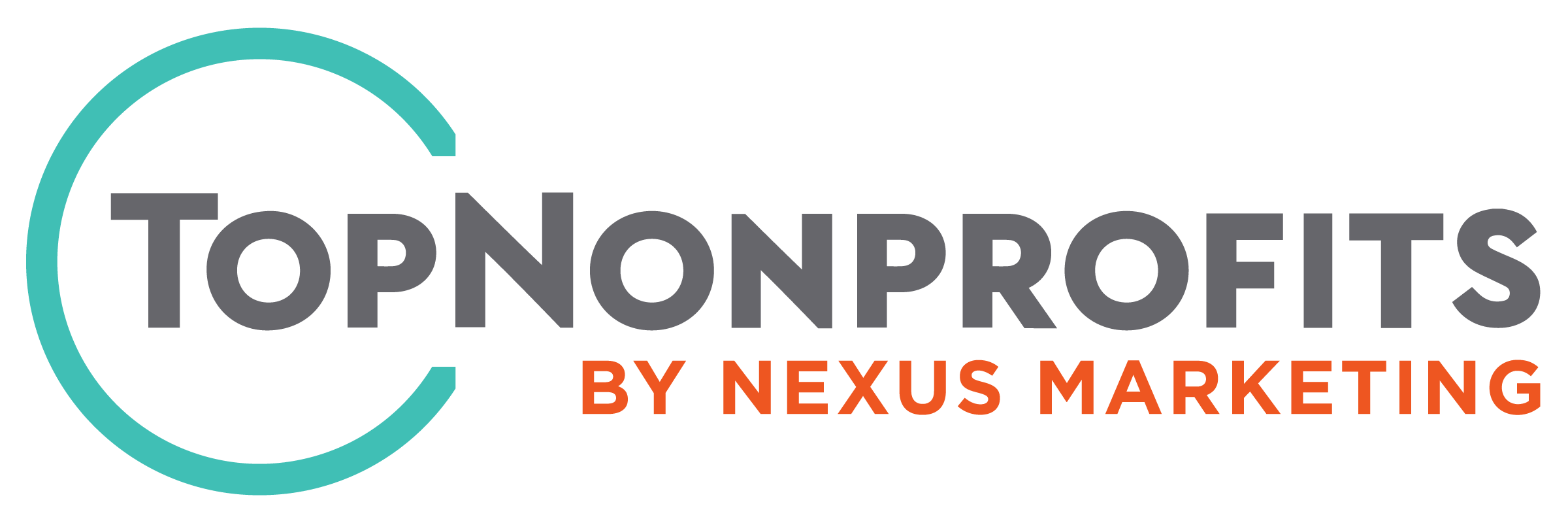Your nonprofit’s Board of Directors sets the direction of the entire organization. While the board’s primary duties include ensuring that the nonprofit’s funds actually further its charitable purpose, it also makes financial decisions on new programs, technology, and fundraising expenses. At the same time, your nonprofit’s employees and volunteers look to the board for the materials, technology, and approval to conduct their solicitation activities. Any real or perceived disconnect between board and staff can affect your whole nonprofit’s fundraising success!
Bridging that gap begins with charitable solicitation (aka fundraising) compliance. Currently, forty-four states have laws surrounding a nonprofit’s charitable solicitation activities, and forty-one have an annual filing requirement for most organizations. These registrations are filed in each state where you solicit, and is additional to your federal 501(c)(3) tax exemption. The purpose is simple: to protect citizens from unregulated or illegitimate organizations asking for donations. Fundraising compliance means that you file the appropriate registrations on time, and stay on the right side of the law.
| [adrotate banner=”95″] |
How Compliance Impacts Your Staff and Volunteers
Your employees and volunteers (aka development professionals) are your foot soldiers, knocking on doors, making phone calls, mailing letters, and improving your website’s conversion. They spread the gospel with prospective donors about your charity and why you make a difference in the community.
However, they are ill-equipped if your organization is noncompliant. On your website and in your fundraising materials, your nonprofit should demonstrate proof of registration and applicable disclosure statements. Your staff should expect to present your IRS determination letter, financial statements, and your state charitable solicitation license any time, whether they are part of your grant team, or are having a meeting with an experienced donor. If that donor discovers you aren’t registered, or they can’t get a tax deduction, you’ll have a much shorter conversation than you hoped! When your organization is compliant, you empower your staff, and help secure more donations.
If your organization solicits funds online through a “Donate” button, you are technically soliciting funds in every state. So while your staff may be pushing for ways to increase traffic and for improved conversion, the board must understand and abide by applicable registration requirements nationwide. Registration has a cost, and therefore requires an important decision – where do we register first?
[button href=”INSERT LINK HERE” name=”Register: James leads a Free Webinar on Compliance” target=”INSERT TARGET HERE“]
Why Your Board Should Prioritize Compliance
The board is generally responsible for compliance filings and requirements, and almost always approves or denies the expense of registration. One of the biggest issues is that fundraising registration is viewed as a cost, as opposed to an investment.
The reality is that failure to register (or to renew a registration) is far costlier. In addition to potential lost donations and credibility, state penalties and fines can easily reach thousands of dollars for a single infraction. South Carolina, for example, can and does impose a penalty of $2,000 each year an organization does not register to solicit funds.
California requires that its penalties be paid by a personal check; in other words, an officer or director has to pay the penalty. The state’s rationale is that a charity should not use funds for its mission to pay for the leadership’s irresponsibility! We have seen CFOs and Presidents have to pay $1,500 or more out of pocket in this way.
Some states also can revoke your charity’s tax exemption and right to solicit in that state altogether. How would any of these hits affect your nonprofit?
Lastly, one of the primary functions of a board of directors is to fundraise, and to contribute their wealth and connections to the organization. A board that understands the importance of compliance will help protect itself and improve your charity’s fundraising successes.
Partners in Compliance
Fundraising compliance affects everybody within your organization. While your staff and volunteers may want the newest fundraising gadget, or suggest improvements to a “Donate” webpage, they must realize that solicitation is highly regulated at the state level. Their suggestions often come with a cost; one that the board has to approve.
At the same time, the board should make sure that the organization is registered, your fundraising materials contain disclosures as required, and your website indicates from which states donations are accepted, especially if you have not registered in all forty-one states. By doing so, the board helps to protect itself and your charity from penalty, allows your development team to fundraise more freely, and can inspire confidence in your donors to give.
Whether you are a director or development professional, it’s important to keep up with your organization’s requirements. Keep reading this Fundraising Compliance Guide to learn more.
